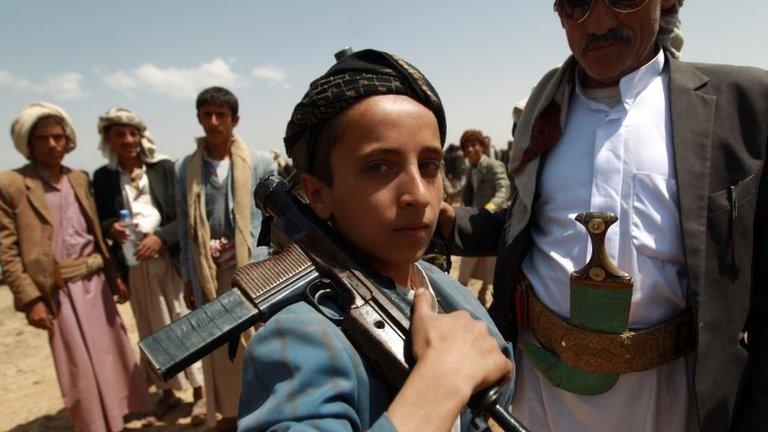Yemen war: UN agrees to send war crime experts
- Published
Watch: What happened to Saleem?
The UN has agreed to send war crimes investigators to Yemen to examine alleged violations committed by all parties to country's civil war.
The UN Human Rights Council adopted a resolution, external to set up a group of "eminent" experts.
It was a compromise between Western powers and a group of Arab states that included Saudi Arabia.
A Saudi-led coalition is backing Yemeni pro-government forces in a conflict with the rebel Houthi movement.
More than 8,530 people, 60% of them civilians, have been killed and 48,800 injured in air strikes and fighting on the ground since March 2015, according to the UN.
The conflict has also left 20.7 million people in need of some kind of humanitarian assistance, created the largest food security emergency in the world, and led to a cholera outbreak that is believed to have affected 700,000 people since April.
Under the deal agreed in Geneva on Friday, a group of "eminent international and regional experts" will carry out a comprehensive examination of "all alleged violations and abuses of international human rights and other appropriate and applicable fields of international law" in Yemen.
It will "establish the facts and circumstances surrounding the alleged violations and abuses, and where possible, identify those responsible".
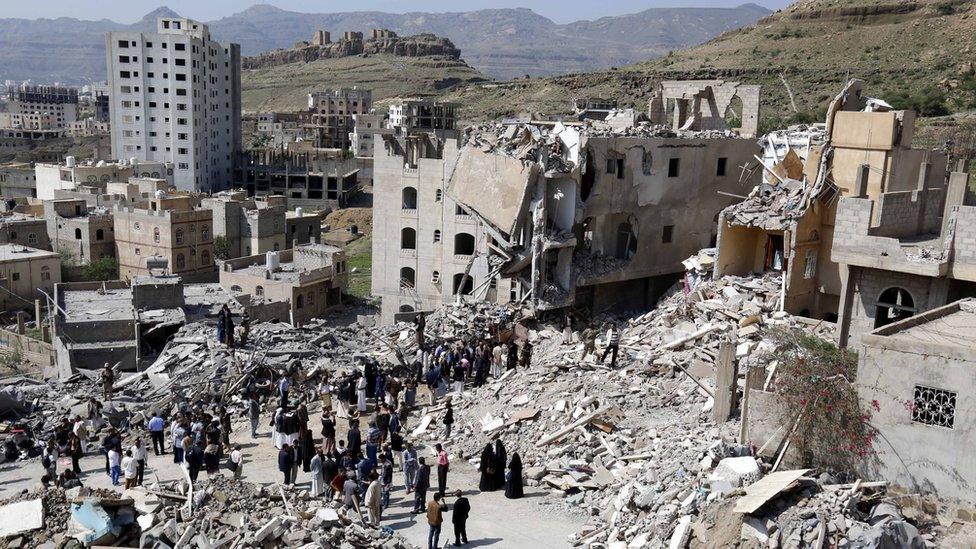
More than 8,500 people, 60% of them civilians, have been killed in the past two and a half years
The resolution was approved after a proposal from some EU states and Canada for a more robust investigation with the formal status of a "commission of inquiry" was withdrawn.
An alternative proposal from the Arab group to send three experts to Yemen to investigate and to engage with a domestic inquiry established by Yemen's government was also shelved.
Saudi Arabia, which had lobbied hard against a commission of inquiry - even reportedly threatening to restrict trade ties with countries which backed it - publicly thanked the UK, US and France for their co-operation in achieving a compromise. The three states also back the coalition's intervention in Yemen.
The weaker resolution may be a disappointment to human rights groups, who had called for a commission of inquiry, the BBC's Imogen Foulkes in Geneva reports.
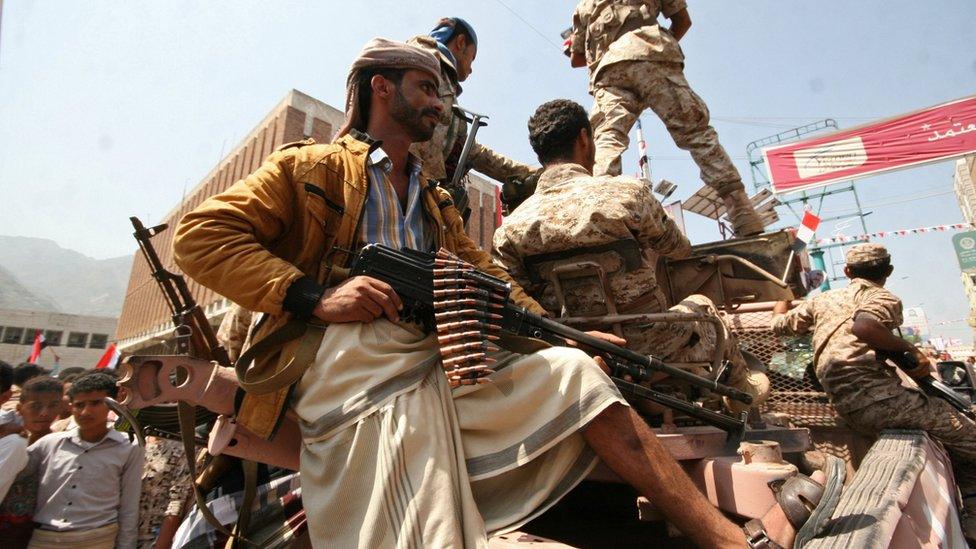
Human rights groups say all parties to the conflict have flagrantly flouted international law
They allege that war crimes and crimes against humanity are being carried out with impunity in Yemen, and that the conflict is directly responsible for the cholera epidemic.
UN Human Rights Commissioner Zeid Raad Al Hussein had also asked the council to approve a commission of inquiry; his office has doubts that Yemen's domestic inquiry can be impartial.
Earlier on Friday, the International Committee of the Red Cross said "excessive" numbers of civilians were being killed in disproportionate air and artillery strikes carried out by all sides to the conflict.
The ICRC has repeatedly warned of a humanitarian catastrophe in Yemen, and now expects cholera cases to reach 900,000 by the end of this year.

- Published18 September 2017
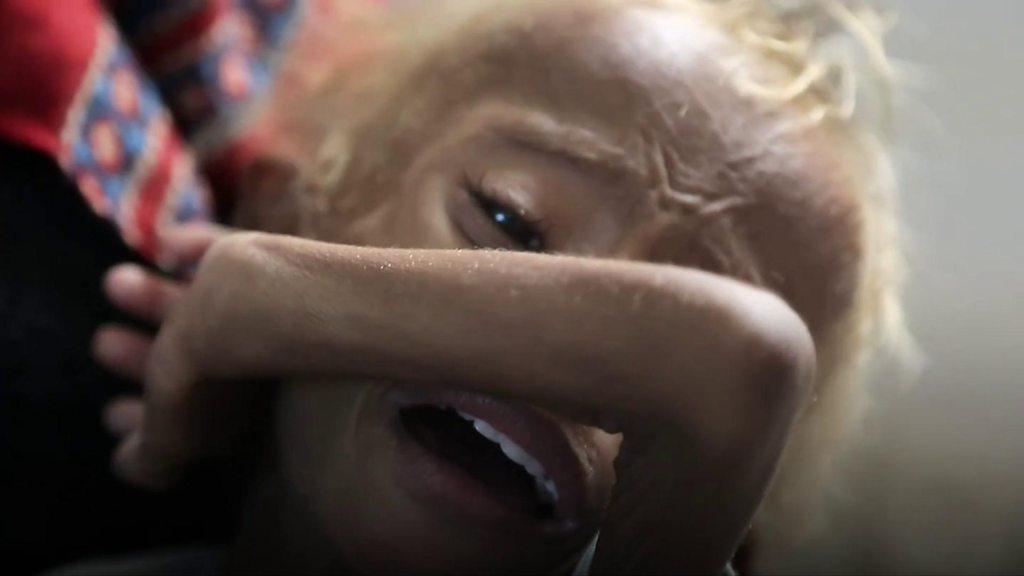
- Published25 June 2017
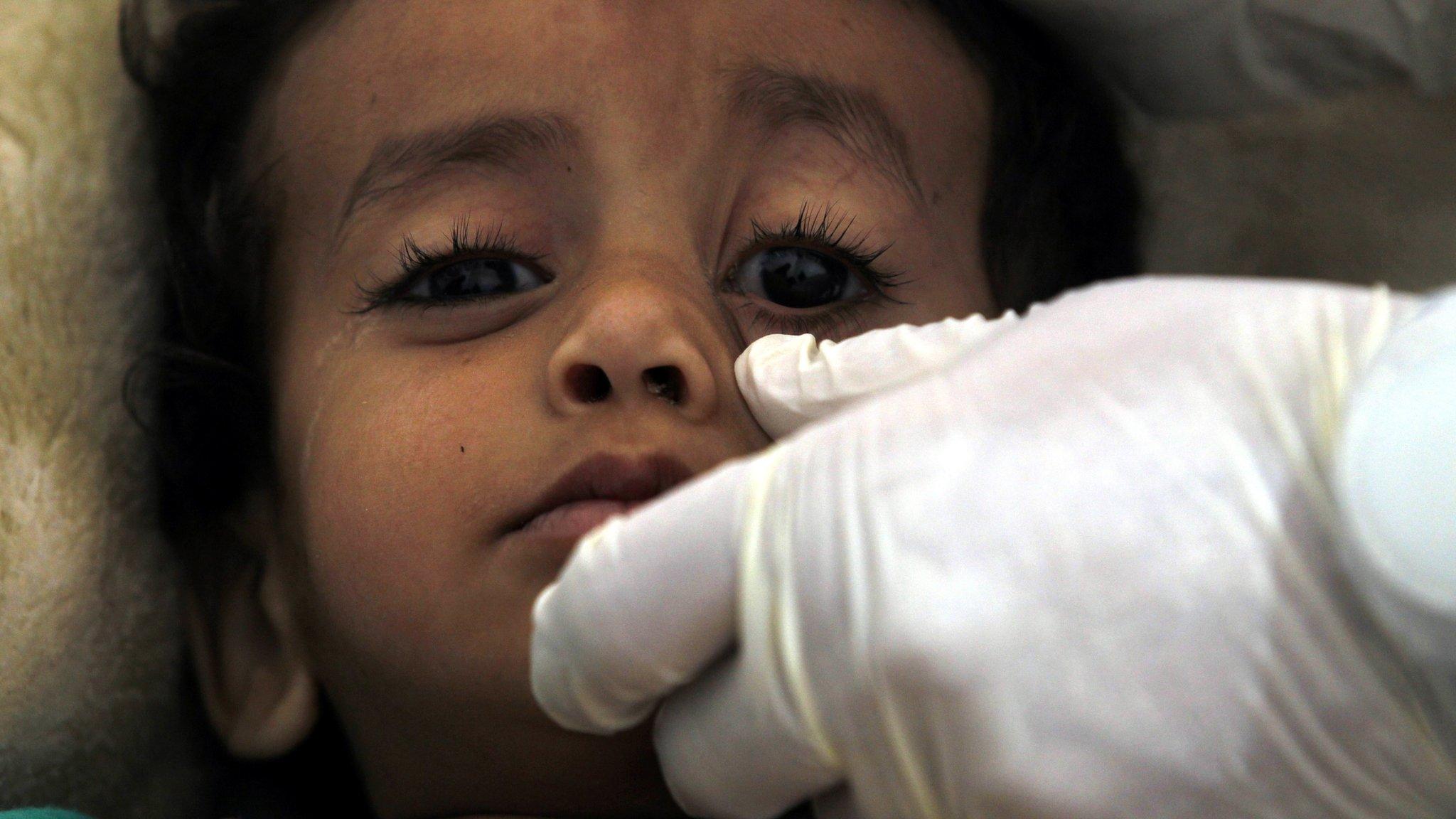
- Published29 June 2017
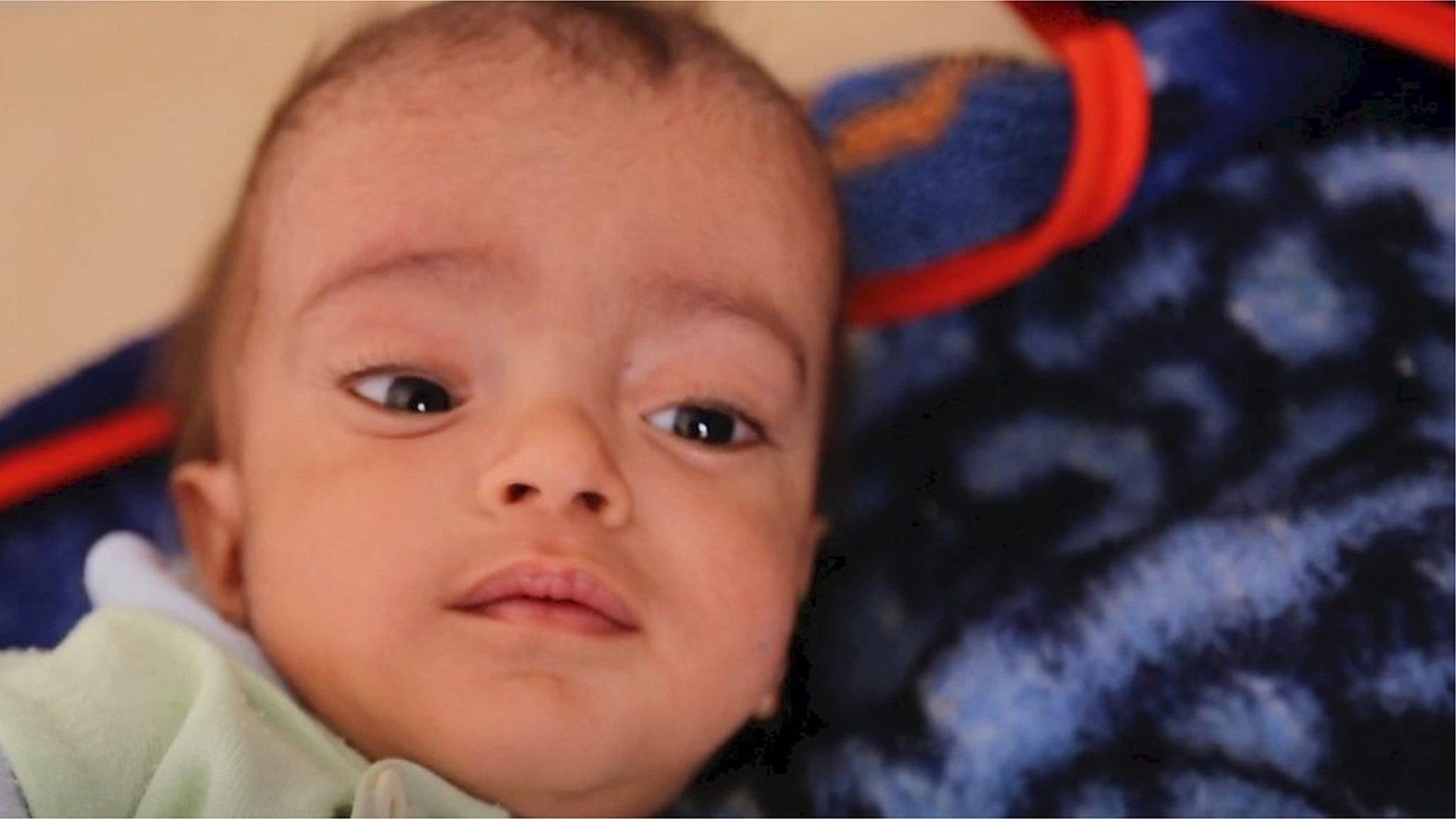
- Published28 March 2017
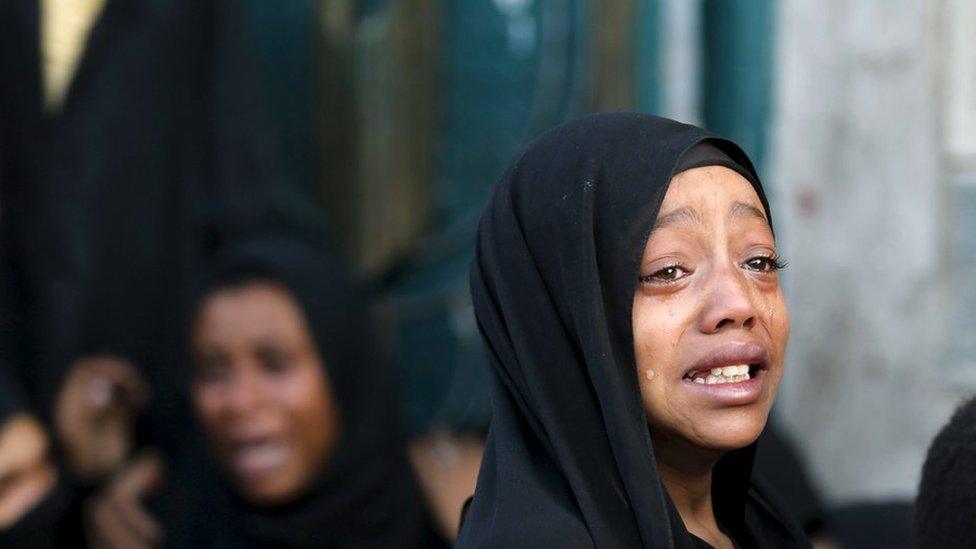
- Published14 April 2023
